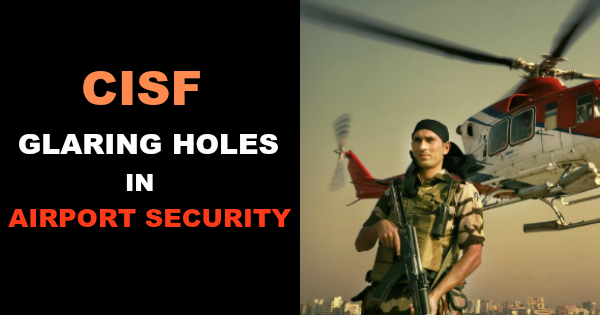The Central Industrial Security Force (CISF) is one of the Central Armed Police forces (CAPF’S) of India under the ministry of home affairs (MHA). The central security organisation was formed on 15 June 1983, with the mandate of protecting and securing major critical infrastructure installations of the country, ranging from nuclear installations, space establishments, domestic & international airports, seaports, atomic & hydroelectric power plants, sensitive government buildings, heritage sights and infrastructure in Naxal-Maoist prone areas.
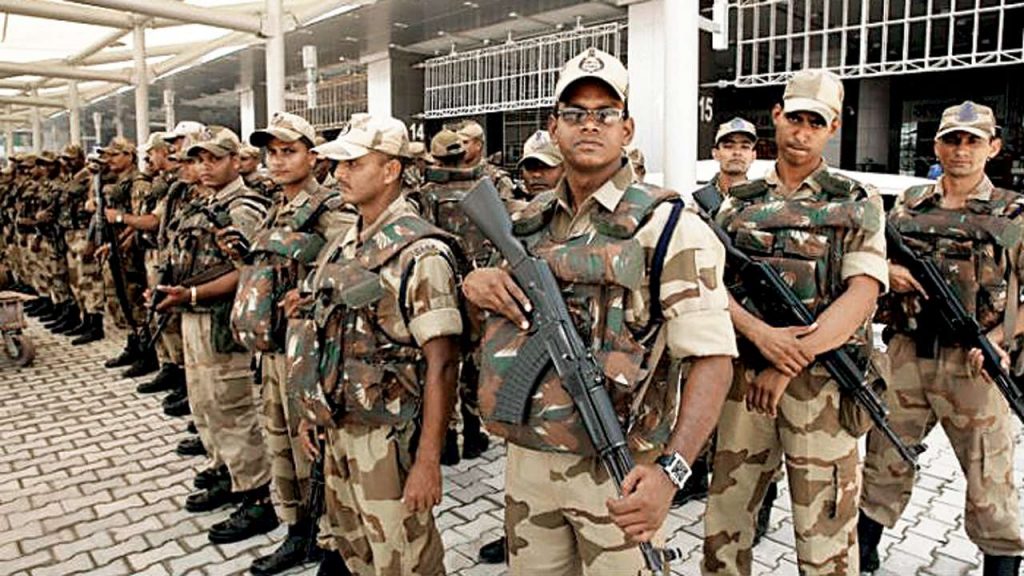
With a recently sanctioned strength of 1,80,000 personnel, the armed police force is supposed to provide security to over 300 industrial units.
Following the hijacking of Indian airlines IC-814 in 1999, and the attack on the World Trade centre on September 2001, the government proposed that the security of airports should come under the CISF. Prior to the proposal airports security was under the purview of the airport police.
Despite being assigned the critical task of protecting sensitive and vital installations of the country, Intelligence reports and statements by high ranking officials have brought to light, the negligence and incompetence of CISF’s top brass. With parliamentary reports highlighting the grave shortage of funds funds, essential equipment and the glaring loopholes in the CISF’s deployment of personnel and vital counter terror contingency plans.
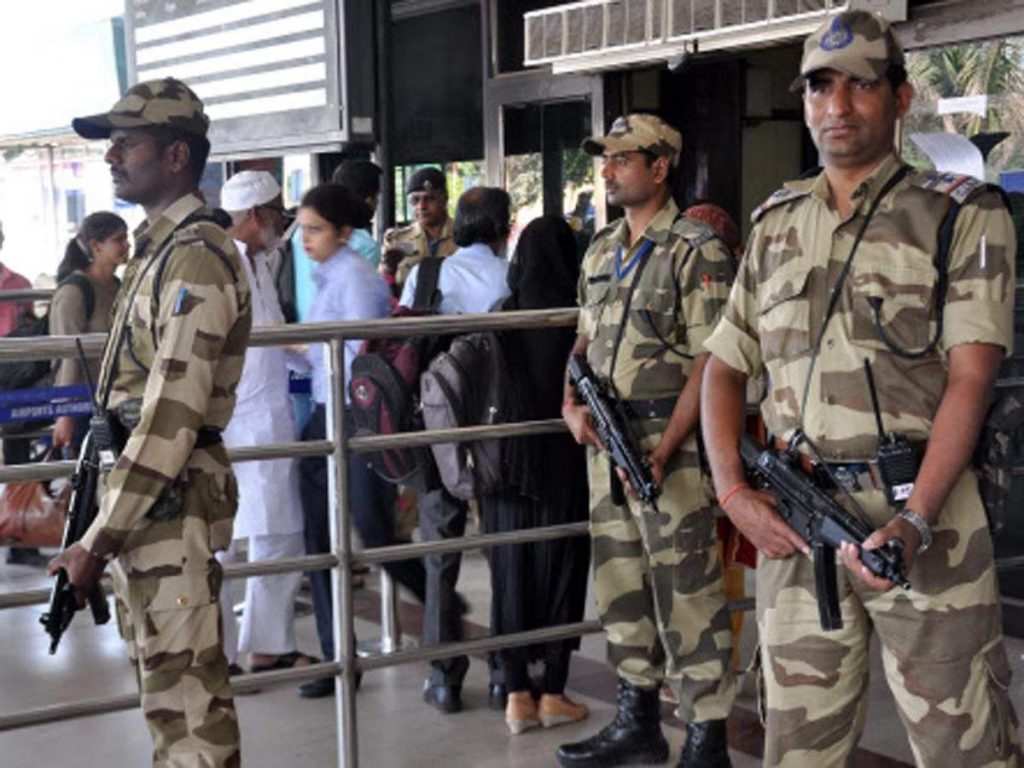
Bullet proof jackets issued to CISF personnel incapable of withstanding AK-47 rounds:
The AK-47 (Kalashnikov) was introduced by the soviets in 1948 and since then the name applies to over 200 types of AK pattern rifles, manufactured both legitimately and illegitimately all over the world. The soviet-era rifle has been the most commonly used assault rifle in every conflict, civil war, extremist/terrorist violence across the globe.
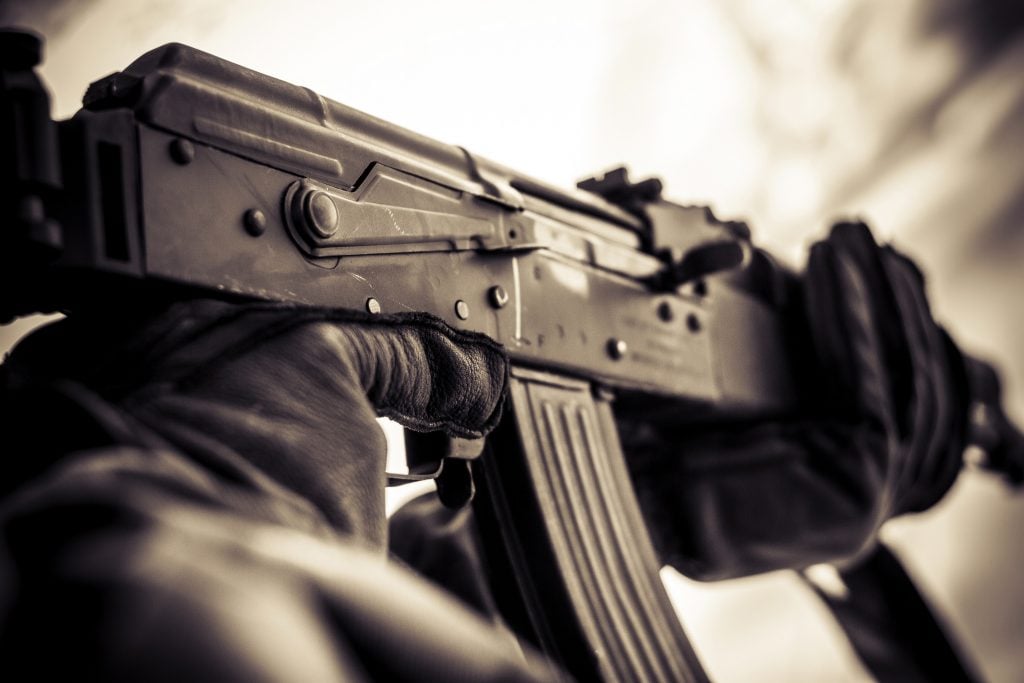
It is the weapon of choice for terrorists, rebels, insurgents and the likes, due to its ease of handling, maintenance, use, availability, durability, stopping power and cost. In India, every militant killed or arms cache raided had an AK series rifle recovered from them.
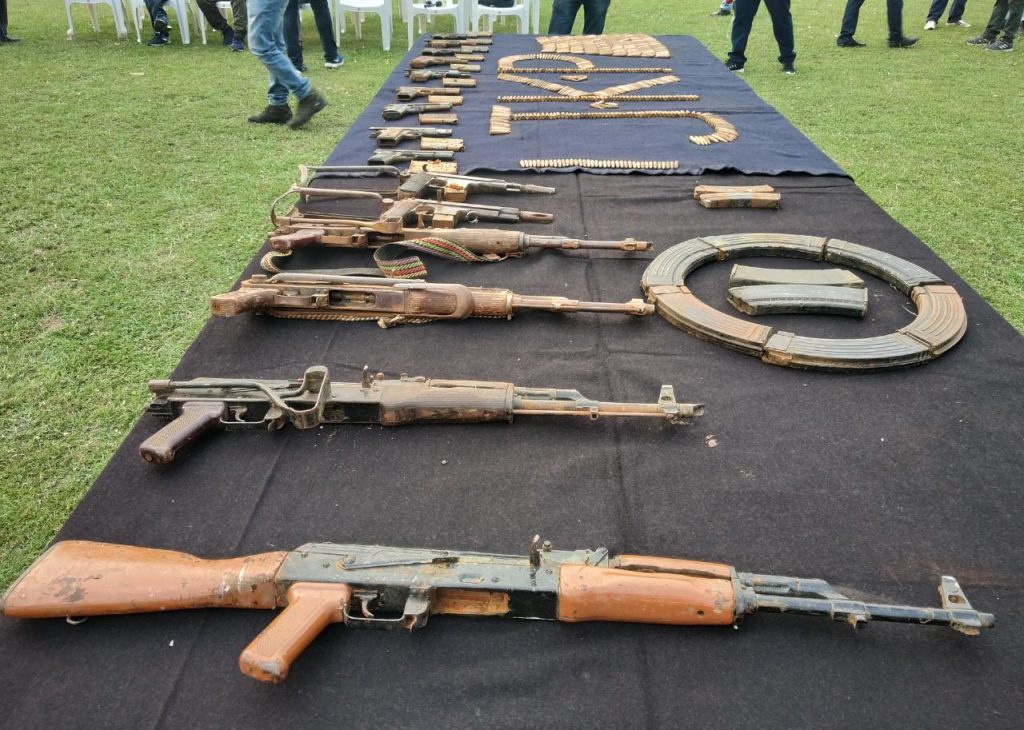
despite the likelihood of its personnel facing AK fire, The CISF has for the longest time, issued vests which do not provide them with adequate protection against AK rounds and small arms fire at close range! According a senior CISF officer speaking on the condition of anonymity.
“Bulletproof jackets for CISF personnel were procured in 2011 and a gun shot if fired from close range is capable of piercing the jacket”
Most of the airports are always on high alert and sensitive, use of bulletproof jackets are important in case of terror attacks.
Lack of funds compromise the security of over 27 sensitive airports:
According to a 2018 report prepared by the CISF and intelligence agencies, the government has not provided CISF security cover to over 27 sensitive airports (including Srinagar airport) for over 5 years due to lack of funds.
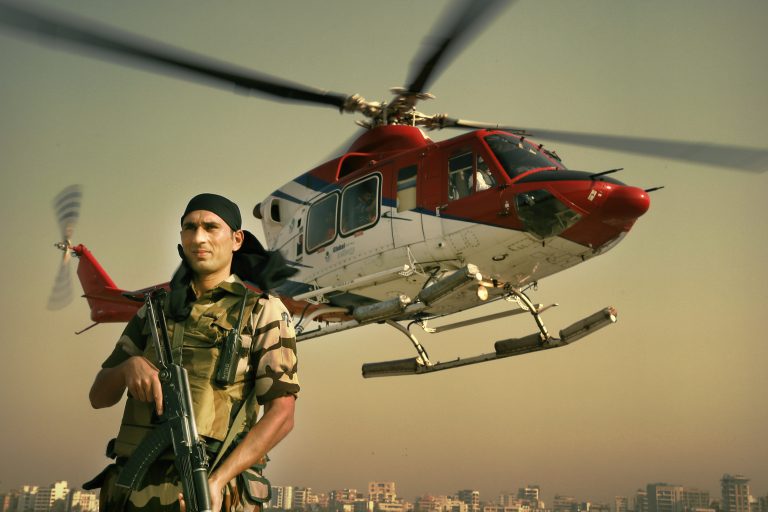
(EXCERPT FROM REPORT)
In the recent report the Committee has opined that, civil aviation security is an integral and important element of national security. Airports are critical infrastructure and very vital from the perspective of national security.
Any large-scale damage or terrorist attack on the airport would be catastrophic with far reaching implications on the citizens and the economy. Explanations given to the committee for non-deployment of CISF at remaining airports was lack of funds. The report also speaks about the status of CISF security cover given to airports till now, adding the committee has recommended that the force should be deployed on priority to hyper-sensitive and sensitive airports in the first go.
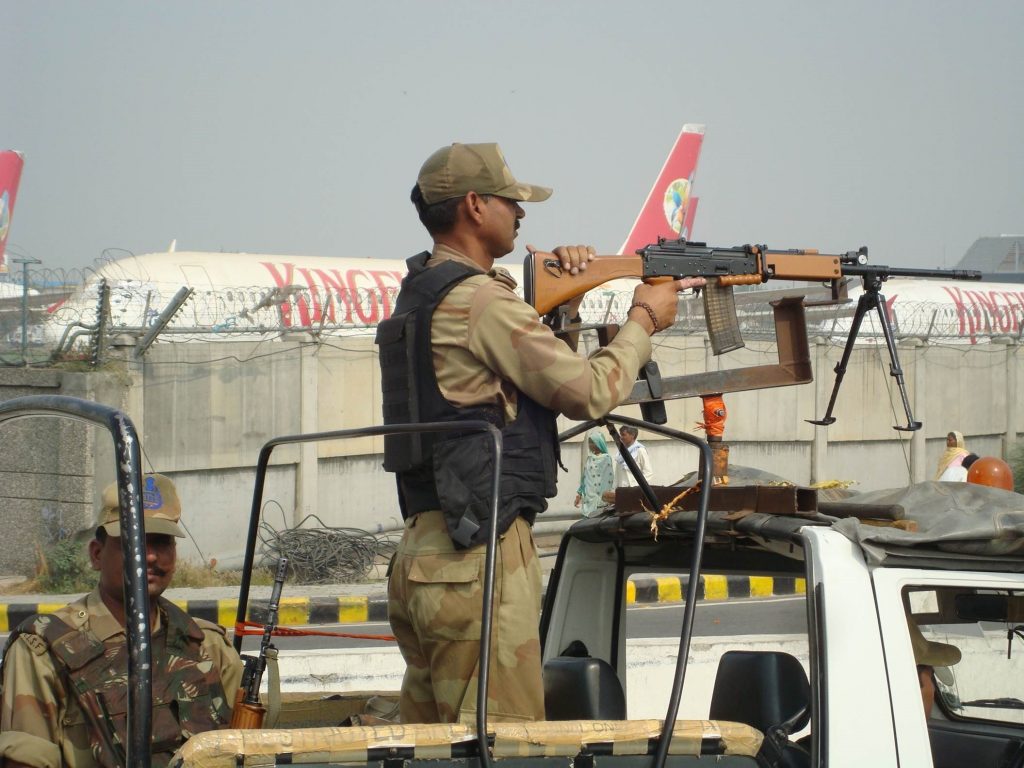
Out of the 26 hyper-sensitive airports in the country like the ones in metro cities of Mumbai and Delhi, 18 are under CISF cover while six like Srinagar in Jammu and Kashmir and others are not. Under the sensitive category there are 56 airports out of which only 37 have the paramilitary’s cover and amongst 16 normal airports only four have CISF security.
To sum it up, out of the total 98 functional airports in the country, 59 are under CISF cover leaving out 39. Out of the 59 airports under CISF cover, 53 are operated by the Airports Authority of India (AAI) and six by joint ventures or private players.,”
Other CAPF’s being forced to cover
Shortcomings in the CISF, is forcing the CRPF (Central Reserve Police Force), IRB’S (Indian Reserve Battalions) and sometimes even regular State police units to cover for the CISF. These agencies are not specialised in aviation security and is not a part of their doctrine. This additional function is taking resources away from these already strained forces, making it difficult to carry out their own functions.
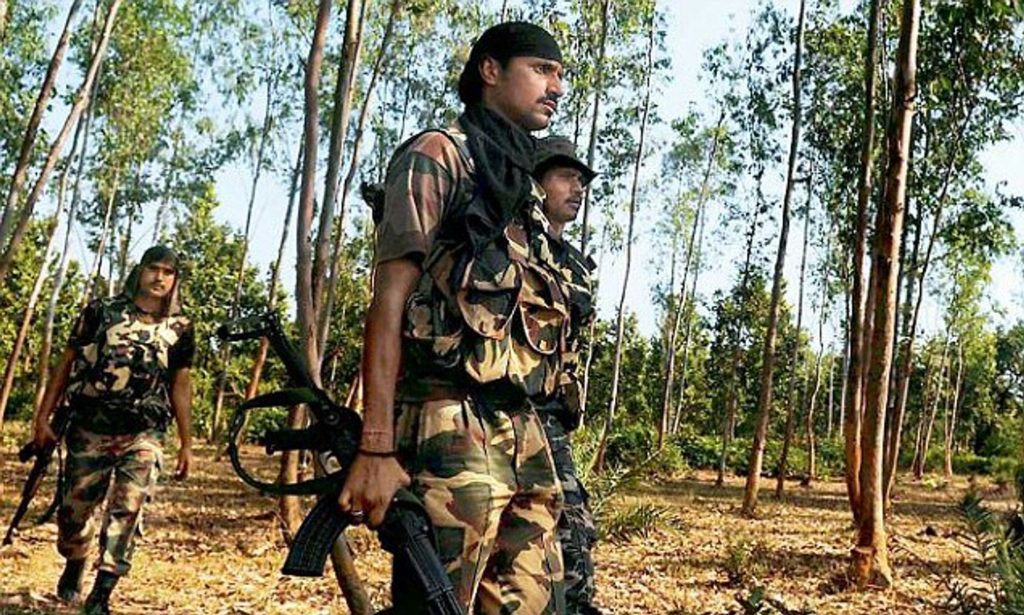
There is no viable justification for the 1.42 Lakh strong armed police organisation to outsource their duties to other forces, as the CISF has a dedicated unit tasked with aviation security, known as the Aviation Security Group (ASG). This unit has approximately 2,2000 commandos trained primarily for airport security. The failure to deploy specially trained personnel for their dedicated role needs to be addressed.
Twenty Indian airports lack Counter Terrorism plans:
Twenty ‘hypersensitive’ Indian airports lack counter-terrorist contingency plans covering their approach roads, and is therefore a matter of great concern. ‘Eight’ of these hypersensitive airports are not even covered by the CISF, that alone being a red flag. Counter Terrorist Contingency Plan (CTCP) by the CISF at approach roads are available only at Delhi and Mumbai. The same needs to be put in place at 20 more international and hyper-sensitive airports.
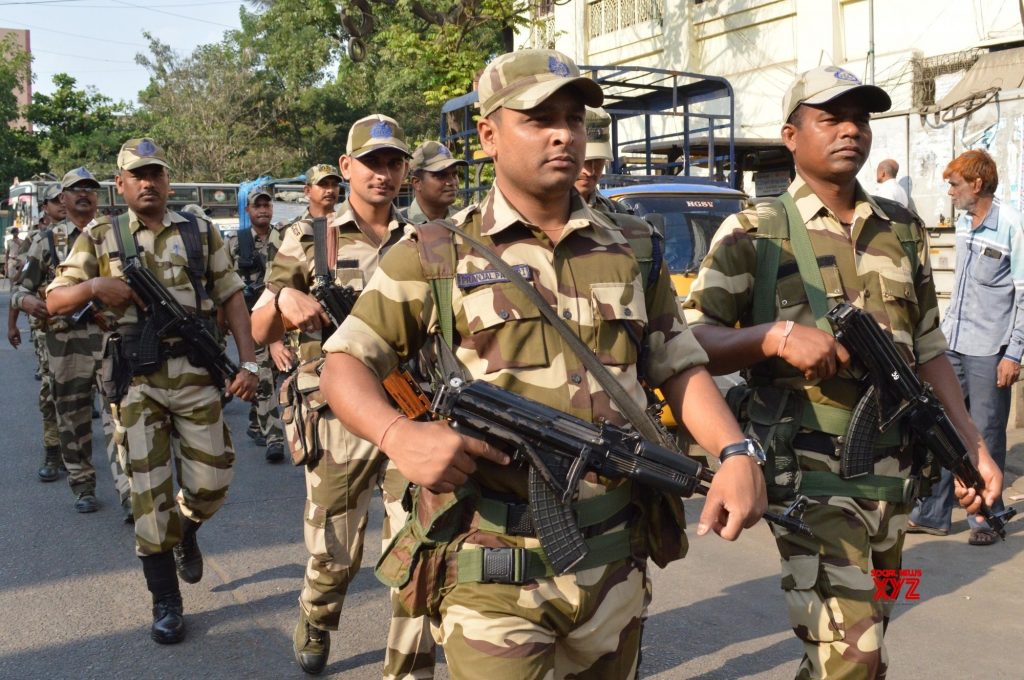
The Parliamentary Committee formed on this issue recommends that airport security should be absolute. The panel headed by TMC Rajya Sabha MP KD Singh said in the report tabled in Parliament during the Winter Session, stressing the urgent need for an aviation security policy “before an untoward incident takes place”. further saying,
“it’s quite scary to know that the security of eight of our hyper-sensitive and 19 of our sensitive airports are not covered by the CISF which has now become the only specialised force for aviation security”.
There have also been deficiencies found in crucial security gadgets at several airports. Raising the question is aviation security receiving the attention and importance it deserves?
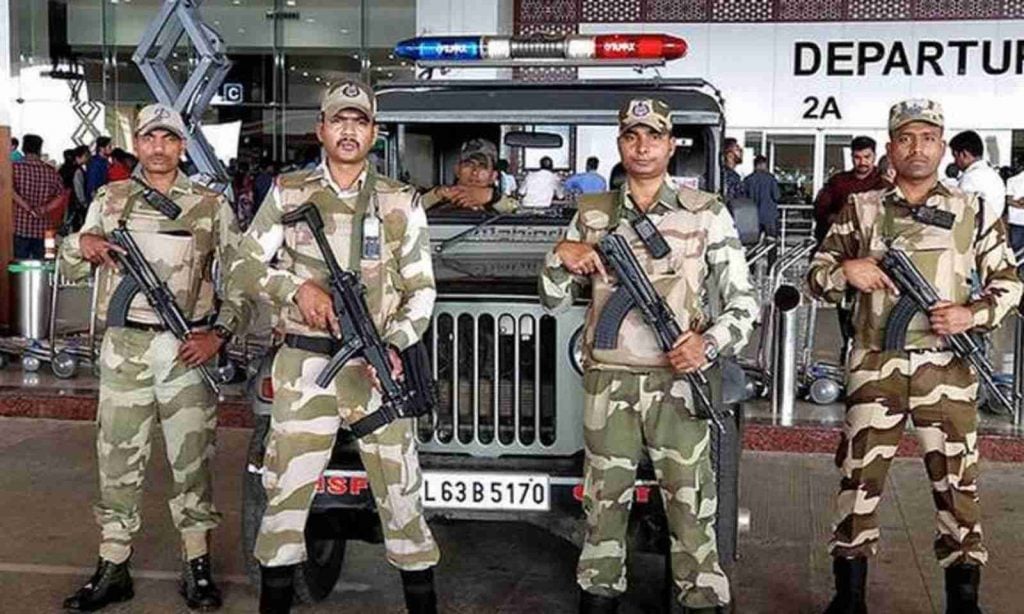
The CISF’s motto is “protection and security” but the force is unfortunately not living up to its credo. How can the average citizen expect to stay safe when the security organisation itself cannot provide their own personnel safety and are having to rely on other forces to do the job assigned to them?
-sources- PTI, Committee reports, CAPF personnel.

